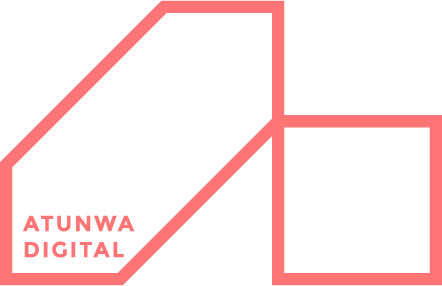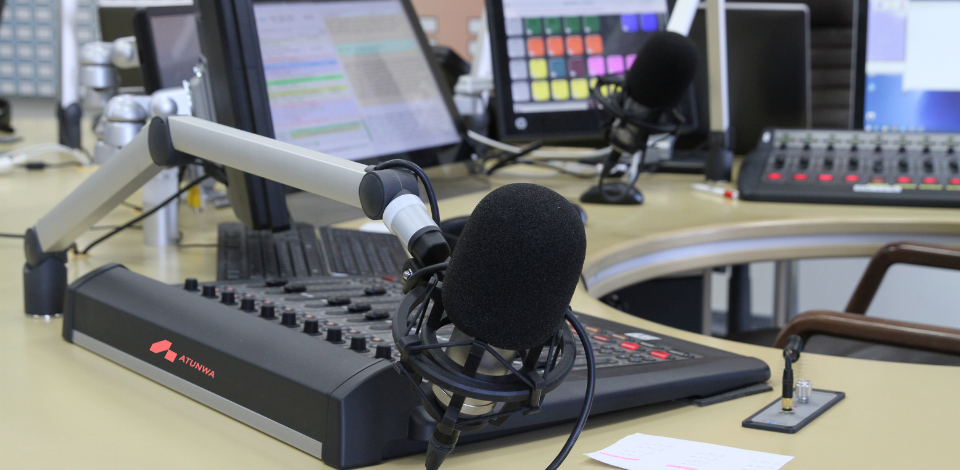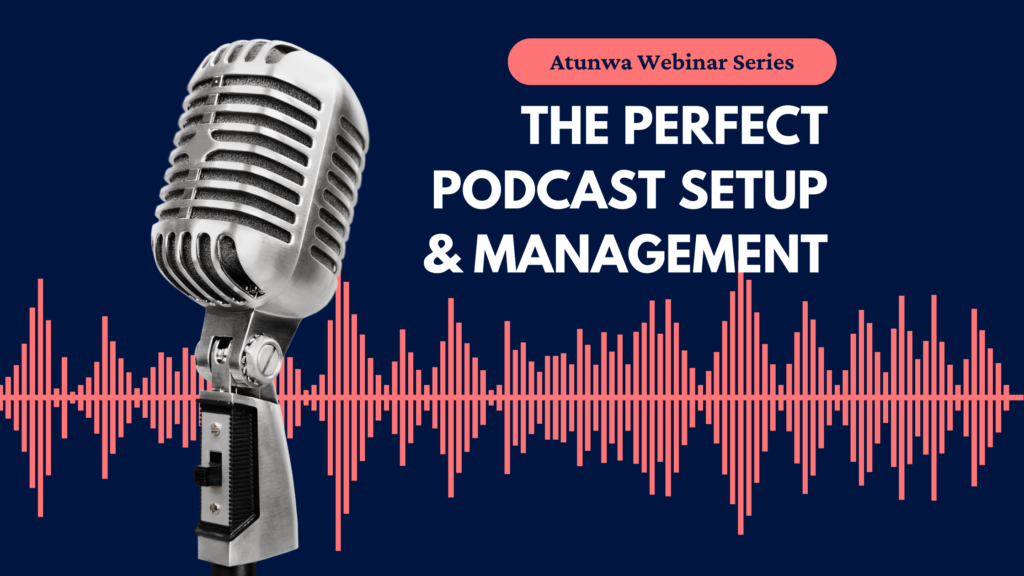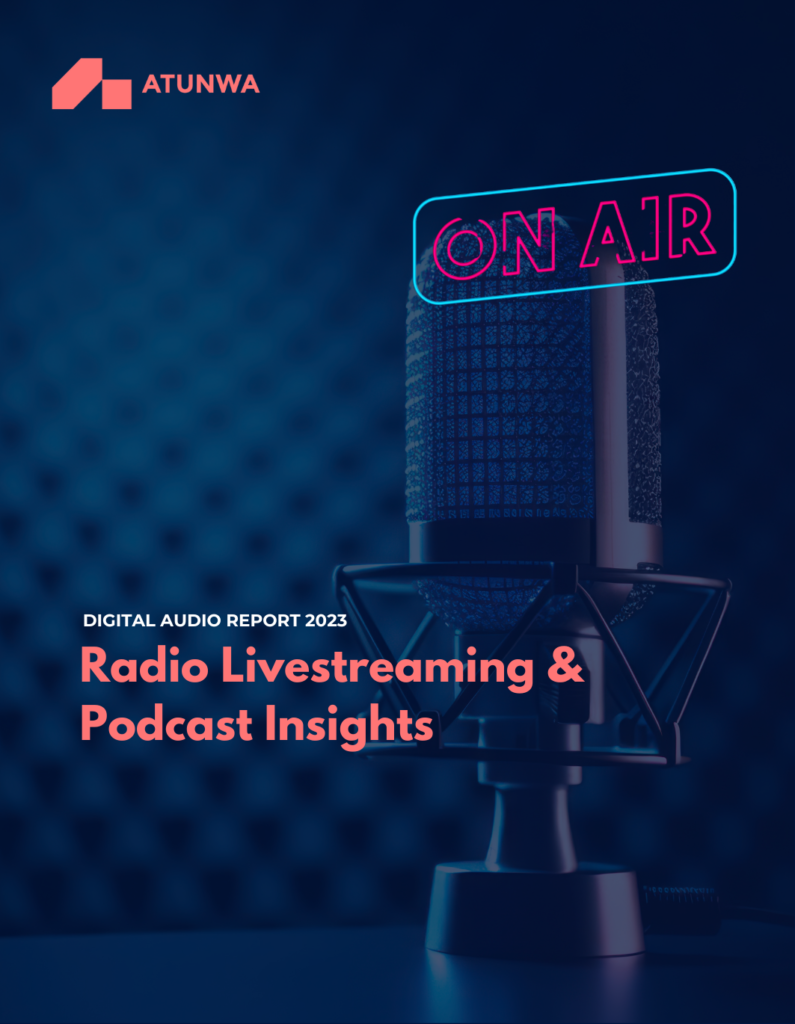The growth of the Internet has changed the game for all media formats, bringing all publishers to one single platform. And for Ghana’s Multimedia Group, that presents an opportunity to migrate radio companies to online streaming platforms to extend their reach.
During the a recent INMA Webinar, Richardson Doe, general manager of Multimedia Group, explained to members how the company has made its content more accessible by leveraging online platforms. The 28-year-old company began with one radio station but now has six radio stations, three TV stations, two Web sites, and 116 podcasts.
Ghana, with some 20 million young people and a median age of 21, is a market that’s ripe for the streaming market. Internet penetration has grown from just 28% in 2017 to 53% in January 2022, and fiber connectivity has helped propel that growth — but so has a young audience.
“These youth need to directly access the Internet as much as possible,” Doe said. “We have Google CSquared infrastructure, which is also on the ground, and also establishing and providing connectivity. So a lot of ISPs can hop onto these platforms and be able to extend coverage.”
At the same time Internet penetration has ballooned, so have mobile connections: “Between 2019 and 2022, there has been an uptick of mobile connectivity in Ghana, largely because our operators have also been growing,” Doe said. “We are now on 4G LTE and … the connections are improving day by day.”
That growth is helping Multimedia Group focus on development of media platforms and businesses, he said: “Without the penetration and connections of ISPs and telcos, we cannot go on with business because the Internet is very central to operations.”
The streaming strategy
Streaming is particularly important because about 70% of Multimedia Group’s audience comes from the United States, the U.K., Canada, the Middle East, and Asia. About 20% of listeners are based in Ghana, and 10% of its audience is spread across Africa.
“We’ve had people tell us, ‘Hey, we want to know what is going on back home in Ghana; how do we listen to news other than reading news?’ So that is much of the reason why we’re able to provide connectivity for people.”
As more people adopt smartphones and other higher-speed devices, they can consume more content.
“People have been consuming us on different devices, from mobile phones to smartphones,” he said. They also consume from different platforms: “From YouTube, from audio, from wherever they want to consume us, we’ve made ourselves available on all the Apple podcasts platforms and Spotify platforms. We’ve made ourselves available on Google podcast platforms and all the platforms — Sonos, Alexa, all of it.”
Multimedia Group has developed applications to allow people to listen in whatever way is most convenient, and it makes sure its content is widely available. Then it uses its social media to amplify its reach.
But that’s just the beginning. It also shares the content on Multimedia Group Web sites, third-party Web sites, and via mobile apps.
“We know how to reach all of our audiences out there,” Doe said. “We have newsletters, we have contacts of all our people because we have a mobile app [that allows] people to register and collect people’s data.”
Then it can keep them informed, sharing stories and breaking news. It can notify them of important interviews that are coming up so they’ll remember to listen in.
“These are all various ways we can draw audiences into our platform and get them engaged.”
For Multimedia Group, the strategy includes making content widely available and then engaging audiences further with tools like social media and newsletters.
Extending its reach
Multimedia Group has partnered with Atunwa Digital, a digital media solutions company, to further its reach in Ghana. Through that partnership, it has:
- Connected with large, global advertisers.
- Got the company on Pandora, as well as putting it in conversations with Spotify and other platforms to help Multimedia Group monetise its streams.
- Helped it secure its streaming platforms to prevent audio from being pirated.
As a result of working together, Multimedia Group has implemented solutions such as securing higher revenues from third-party radio aggregators, upgrading the streaming infrastructure to improve the quality of streams, and gaining control of its audio advertising in geo-targeted ways.
Perhaps the best illustration of the partnership’s value is seen in the bottom line: “We went from earning tens of thousands of U.S. dollars to earning hundreds of thousands of dollars annually.”
Preparing for the future
The success Multimedia Group is enjoying has encouraged it to do more.
It is looking at how to create exclusive content for online audiences. Since presenters may only have a 30- or 60-minute show, Doe sees the opportunity to develop additional exclusive digital content to let listeners go deeper. It also wants to add audio comments to the podcasts.
“We can do text [comments] as well, but we want people to speak to the issues. We want voice-enabled comments, which will allow people to speak to issues or contributions they have to make.”
It also is working to create ways to monetise its streams and wants to partner with telcos in innovative ways to make streams more accessible.
“There’s 4G in Ghana, so how do we make 4G more accessible, how make it cheaper, and how do we make people log on to streams? Wherever you are, you can download your podcast and play it back.”
More audience engagement is the end goal, and the more platforms it is on, the more ways Multimedia Group can connect with its audiences — and drive more revenue.






